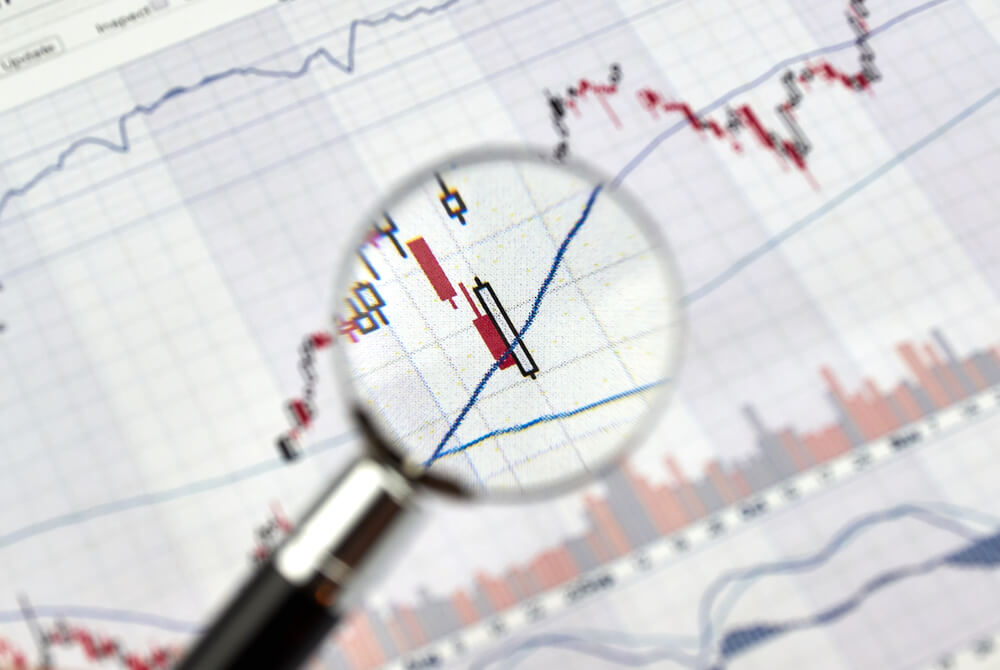Introduction
When you exchange currency, you’re likely to encounter a discrepancy between the buying and selling rates. This gap, known as the forex spread, is an integral part of currency exchange. Understanding the forex spread is crucial when trading or transferring funds internationally, as it can impact your overall transaction costs.
Understanding the Forex Market
The foreign exchange (forex) market is a decentralized global marketplace where currencies are traded. Unlike traditional stock exchanges, forex operates 24 hours a day, five days a week, facilitating vast amounts of transactions. The key players in the forex market include central banks, banks, hedge funds, and individual traders.
The Role of the Forex Spread
The forex spread is the difference between the bid price (the price at which you can sell a currency) and the ask price (the price at which you can buy a currency). This gap exists to generate profit for the market makers who facilitate the currency exchange. By quoting two different prices, market makers can profit from the spread regardless of whether the currency appreciates or depreciates.
Factors Affecting the Forex Spread
Several factors can influence the forex spread.
-
Market Liquidity: High-liquidity currency pairs, such as EUR/USD, typically have narrower spreads due to the large volume of trades that ensure ample supply and demand.

Image: www.forex.academy -
Currency Volatility: Volatile currency pairs tend to have wider spreads as market makers adjust their prices to reflect higher risk and uncertainty.
-
Market Sentiment: Market sentiment can impact the spread. During periods of heightened uncertainty or market turbulence, spreads may widen as market makers increase their risk premiums.
-
Market Maker Competition: The level of competition among market makers also influences the spread. In highly competitive markets, spreads are generally narrower.
Calculating the Forex Spread
The forex spread is calculated as a percentage:
Forex Spread = ((Ask Price – Bid Price) / Midpoint Price) x 100
Midpoint Price = (Ask Price + Bid Price) / 2
For example, if the bid price for EUR/USD is 1.1210 and the ask price is 1.1215, the forex spread would be calculated as:
Spread = ((1.1215 – 1.1210) / 1.12125) x 100 = 0.04%
Impact of the Forex Spread on Currency Exchange
When exchanging currency, it’s important to consider the forex spread as it affects the overall transaction cost. If you have a large amount of money to exchange, even a small spread can make a significant difference. Therefore, comparing the spreads offered by different currency exchange providers before making a transaction is advisable.
Mitigating the Impact of the Forex Spread
There are a few strategies to minimize the impact of the forex spread:
-
Use a Broker with Competitive Spreads: Shop around and compare the spreads offered by different forex brokers to find the one with the most favorable rates.
-
Trade High-Liquidity Currency Pairs: Choose highly traded currency pairs with narrower spreads, such as EUR/USD or GBP/USD.
-
Look for No-Spread Accounts: Some brokers offer no-spread accounts that eliminate the forex spread but may charge a fixed commission per trade.
-
Wait for Favorable Market Conditions: Monitor the forex market and wait for periods of lower spreads, such as during low-volatility periods.

Image: www.forex.academy
Gap Between Buying Rate And Selling Rate Forex Called
Conclusion
The forex spread is an integral part of foreign exchange transactions. By understanding the dynamics of the spread, you can make informed decisions that reduce its impact on your currency exchange costs. Whether you’re a frequent traveler or an active forex trader, it pays to stay updated on the forex market and the latest spread trends to optimize your transactions.






